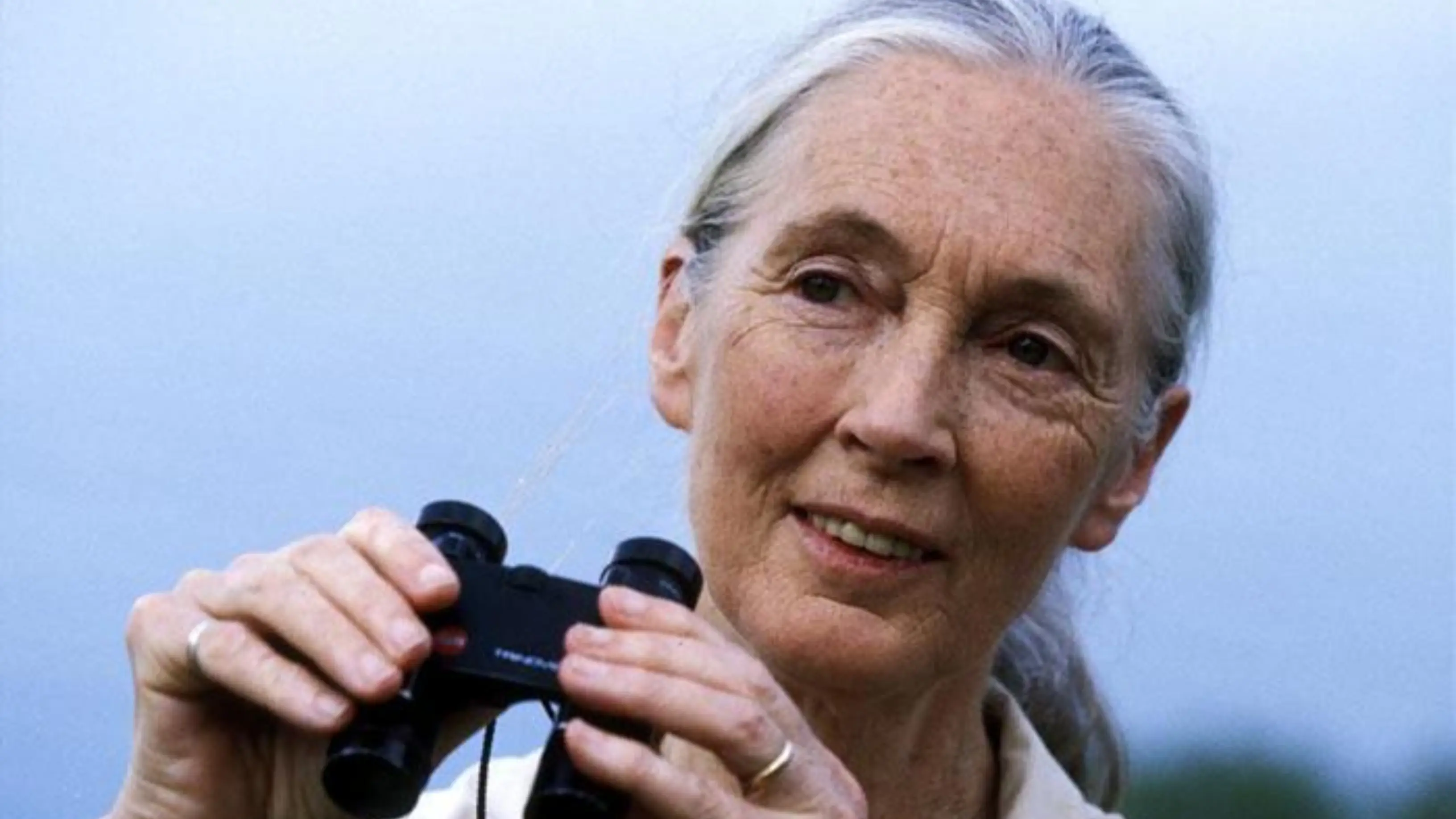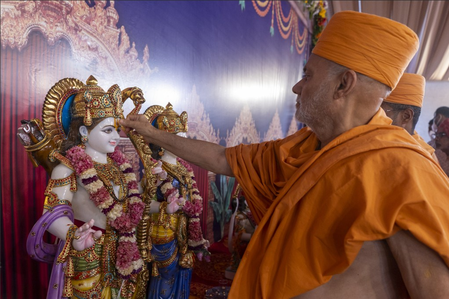By Shruti Sneha
Copyright republicworld

Jane Goodall, the pioneering primatologist whose groundbreaking chimpanzee research forever reshaped the world’s understanding of animal behavior, has died at the age of 91.The Jane Goodall Institute announced her death on Wednesday, October 1, 2025, in a statement shared on Instagram. The institute confirmed she died of natural causes while in California, where she had been on a speaking tour.“Dr. Jane Goodall, DBE, UN Messenger of Peace, and Founder of the Jane Goodall Institute has passed away,” the organization wrote. “Her discoveries revolutionized science, and she never stopped fighting for the protection and restoration of our planet.”Goodall was just 26 when she arrived in what is now Tanzania to begin her research on chimpanzees at Gombe Stream National Park. At a time when women rarely ventured into fieldwork, she braved mountainous terrain, dense forests, and wildlife dangers to pursue her dream.Her perseverance yielded extraordinary insights: chimpanzees, she discovered, display deeply human-like behaviors, forming social bonds, showing affection, crafting and using tools, and even waging violent conflicts.Speaking in 2020, she reflected: “Their gestures, their hugs, their kisses, even their violence, all showed me just how much like us they are.” Her findings became one of the most celebrated scientific achievements of the 20th century.Goodall’s love for animals started early in London and Bournemouth. As a child, books like Doctor Dolittle and Tarzansparked her dream of living among African wildlife.She went on to earn a PhD in ethology from Cambridge University, focusing her thesis on the first five years of her Gombe research.In 1977, she co-founded the Jane Goodall Institute, which today operates across 25 countries, working to protect primates and their habitats while inspiring conservation efforts worldwide.Beyond her scientific work, Goodall became a role model for women in STEM. According to her institute, the number of women in science and technology has grown significantly since she began her career, rising from just 7% in 1970 to over a quarter of the workforce today.Her influence extended far beyond science. In 2002, the United Nations named her a Messenger of Peace, recognizing her dedication to environmental and humanitarian causes. Even into her late 80s and 90s, she continued to travel, speak, and campaign on urgent global issues such as climate change.“We are imperiled, but we still have time,” she warned in 2019, calling for immediate action to address the climate crisis.During the COVID-19 pandemic, she publicly connected the outbreak to human exploitation of nature, stressing that deforestation, wildlife trafficking, and unsustainable practices were driving humans and animals into dangerous contact.Over her lifetime, Goodall received countless accolades, including the French Legion of Honor, Japan’s Kyoto Prize, and the U.S. Presidential Medal of Freedom. The British Crown honored her with a DBE, making her Dame Jane Goodall in 2003.She even collaborated with Apple in 2022 to promote recycling and reduce the demand for destructive mineral mining, showing her ability to bridge science, advocacy, and modern culture.Jane Goodall’s life work was more than science, it was a call to reimagine humanity’s relationship with nature. From her first days in the forests of Tanzania to her global campaigns for conservation, she inspired generations to respect animals and protect the Earth.Her institute’s tribute perhaps captured it best: Jane Goodall showed the world “how like us” the chimpanzees are, and how deeply interconnected all living things remain.



